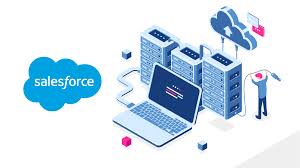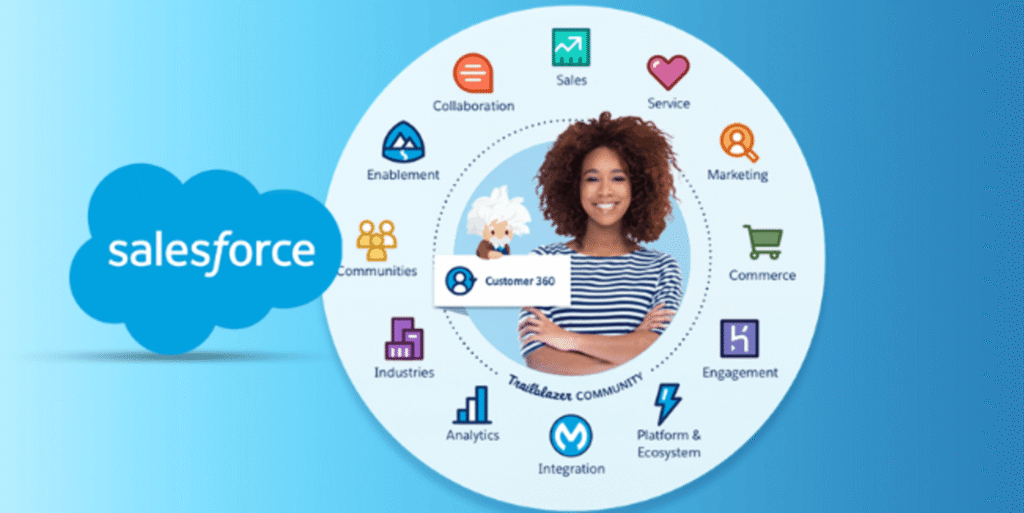If you run a business in Sydney, you’ve probably heard how important digital transformation is right now. The truth? Companies here are jumping on Salesforce consulting because they want to modernize, move faster, and get closer to their customers. When you work with a Salesforce consultant, they don’t just set up a CRM — they help you cut out clunky processes, automate the boring stuff, and actually build a system that keeps up as you grow.
Why So Many Sydney Enterprises Pick Salesforce Consulting
Let’s face it, customer engagement and wrangling all your data is tough these days. That’s where a solid Salesforce partner comes in. They pull all your info into one place, set up automation to save you time, and help you deliver experiences your clients actually remember. With the right CRM setup, you can track every lead and conversation as it happens, keep teams on the same page, and spot the trends that drive smart decisions — all while ditching unnecessary busywork. With a local consultant, you’re not just getting another piece of software. You’re building a solution that fits your goals, no matter how big you want to get.
What a Salesforce Consultant Actually Does
A good Salesforce consultant in Sydney brings more than tech skills. They see the bigger picture. Sure, they’ll handle the technical setup, but they’ll also dig into what your business really needs. Maybe you want custom dashboards or reports that finally make sense. Maybe you need Salesforce to play nice with your current tools. Training your team? They’ll cover that too. And when you hit a snag months down the track, you’ve got someone in your corner to keep things running smoothly.
Why You Need Salesforce Developers and Experts
A sharp Salesforce developer can turn your CRM into a real engine for growth. They automate tasks, build custom apps, and keep things user-friendly so your team doesn’t dread logging in. Partnering with consultants means your people get more done, your customers stick around longer, and your marketing actually lands because it’s driven by real data. You’ll see teams collaborating better, and Salesforce becomes the beating heart of your business.
How Salesforce Consulting Actually Drives Growth
Sydney businesses that bring in a Salesforce consultant don’t just keep up — they pull ahead. Whether you’re just starting out or running a big operation, a local partner helps you launch faster and get real value from your investment. You get clear insight into how customers behave, smarter lead nurturing with less manual work, and instant analytics to guide your next move. Plus, your data stays secure in the cloud and your system grows with you.
Bottom line? With the right Salesforce strategy, you set your company up for growth and keep your customers happy for the long haul.
Final Thoughts
Bringing in Salesforce consulting in Sydney isn’t just about adding another tool. It’s a way to run your business smarter and stay connected at every level. From the first setup to ongoing tweaks and improvements, a good consultant helps you get everything you can out of your CRM. For any enterprise that wants to grow efficiently and connect better with customers, Salesforce remains the go-to platform to make it happen.




